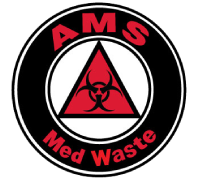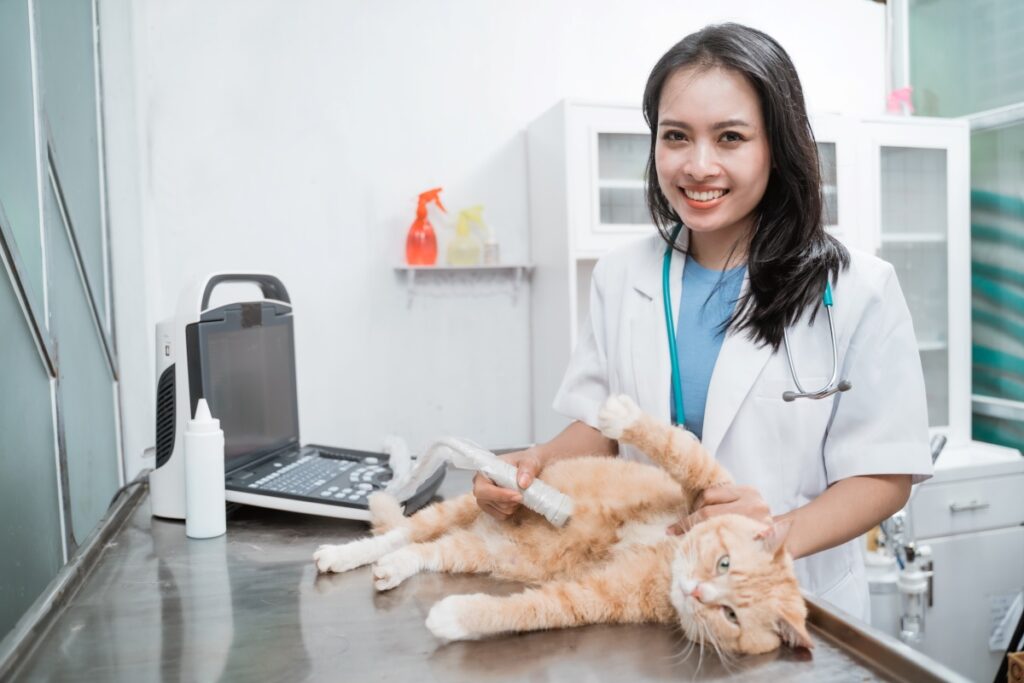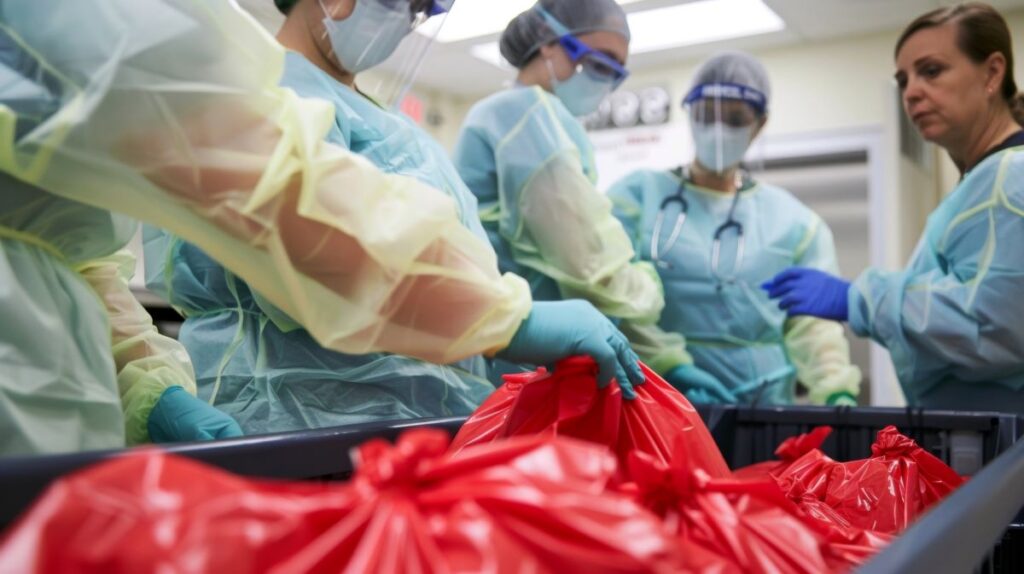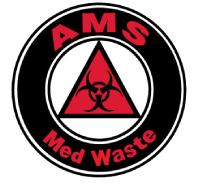When managing and disposing of medical materials, it’s important to understand the different types of waste that require specialized handling. Pharmaceutical waste is a broad category encompassing expired, unused, split or contaminated products as well as items used in their handling. It can be classified as either hazardous (RCRA) or non-hazardous (Non-RCRA). Properly separating these waste streams will help you comply with regulations and avoid costly fines. But what exactly are pharmaceutical wastes, and how should they be managed? Read on for all the information you need about safely dealing with pharmaceutical waste disposal.
What Is Pharmaceutical Waste?
Pharmaceutical waste encompasses expired, unused, split, or contaminated pharmaceutical products, drugs, vaccines, and serums that are no longer needed. This category also includes items used in the handling of these products, such as bottles or boxes with residues, gloves, masks, and connecting tubing. Pharmaceutical waste is not a single stream but primarily two
separate waste streams reflecting the complexity of chemicals that make up pharmaceuticals.
Non-RCRA Pharmaceutical Waste
The most common type of non-RCRA pharmaceutical waste consists of pills and injectables such as antibiotics. This type of waste can be easily disposed of through standard medical waste management practices without any special precautions required by regulation. Other acceptable materials include packaging material associated with the drug, like plastic vials or cardboard boxes. Controlled substances are the only exception waste that is not acceptable under non-RCRA policies. Any drugs classified as Schedule I, II or III by the Drug Enforcement Agency (DEA) must be treated as hazardous and disposed of appropriately according to DEA guidelines. Non-RCRA pharmaceuticals are typically place in a blue and white approved container to sperate it from other medical waste items.
RCRA Pharmaceutical Waste
The hazardous pharmaceuticals regulated by RCRA include pills and injectables such as U-listed materials like corrosives and P-listed materials like certain types of solvents and chemicals. Bulk chemotherapy also falls under this category, along with any packaging associated with it, such as syringes or vials. As with non-RCRA pharmaceutical waste, controlled substances are not allowed in this category either.
RCRA pharmaceutical waste should be separated into hazardous and non-hazardous streams. Hazardous materials should always be disposed of in accordance with all federal, state, and local regulations. Non-RCRA pharmaceuticals can usually be placed in a regular medical waste container but may require special labeling or tracking depending on the product type. It’s essential to research your state-specific guidance for any additional requirements or restrictions when disposing of pharmaceutical waste material.
Secure Medical Waste Containers
Secure medical waste containers are essential to ensure proper disposal of both RCRA and non-RCRA pharmaceutical wastes. These containers come in different sizes and types, such as sharps containers, chemotherapy spill kits, biohazard bags and boxes. These containers are also color coded to indicate the appropriate waste stream.
AMS MedWaste: Convenient and Secure Pharmaceutical Waste Solutions
AMS MedWaste is a leader in the medical waste disposal industry. We specialize in providing comprehensive solutions across Northern Illinois and Southern Wisconsin to safely manage, transport and dispose of all hazardous and non-hazardous pharmaceuticals. Our team of experienced professionals can help you create a custom plan tailored to your specific needs to ensure compliance with all regulations while protecting your facility and personnel from potential liability. Contact us today to learn more about our services or request a free quote.






